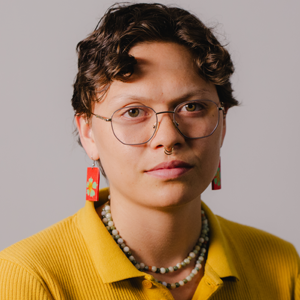
WASHINGTON (December 4, 2024)—The United States presented its oral arguments today to the International Court of Justice (ICJ), as part of the historic hearings on climate change in The Hague. The advisory opinion process, requested by the low-lying nation of Vanuatu last March and supported by over 115 countries, is the first time the world’s highest court has taken on the duty of clarifying the legal obligations of major polluting nations to combat the climate crisis. This legal milestone, while non-binding, underscores the growing role of scientific evidence in defining climate accountability and guiding solutions. The Union of Concerned Scientists (UCS) will be closely tracking the ICJ hearings as they unfold from December 2-13.
Below is a statement by Dr. Delta Merner, lead scientist for the Science Hub for Climate Litigation at UCS.
“The International Court of Justice’s proceedings are a profound moment in global climate accountability. The hearings elevate science to the forefront, ensuring international law reflects the realities of climate impacts and the urgent need for global action.
“The ICJ’s advisory opinion has the potential to reshape international climate governance by providing clear, authoritative guidance on nation’s obligations under existing law. This process showcases how the best available science can illuminate pathways to protect human rights, advance equity, and compel ambitious climate action.
“Yet in today’s oral arguments, the United States—the world’s largest historical polluter of heat trapping emissions—resisted calls for climate accountability. Instead of taking responsibility for its contributions to the climate crisis, the United States used its 30-minute slot to downplay the role of the courts for global climate action, emphasize non-binding national commitments under the Paris Agreement, and reject the notion of historical responsibility. By framing climate change as a collective action challenge without clear legal obligations for individual states, the United States dismissed the potential for redress or binding accountability measures that advance justice for climate-vulnerable nations.
“In the face of stonewalling from major polluters, we applaud the leadership of Vanuatu and others for advancing this process. These proceedings must continue to center the voices of frontline communities.
“By leveraging science and law together, the ICJ can help course-correct the international response to climate change, providing justice and hope for future generations as they endeavor to stave off some of the worst climate harms. No matter what the court decides, civil society must continue to push for decision-making guided by science and climate-vulnerable communities, as well as challenge the outsized political power wielded by fossil fuel interests seeking to obstruct and delay climate goals for the sake of their own bottom lines.”
Additional UCS Resources: